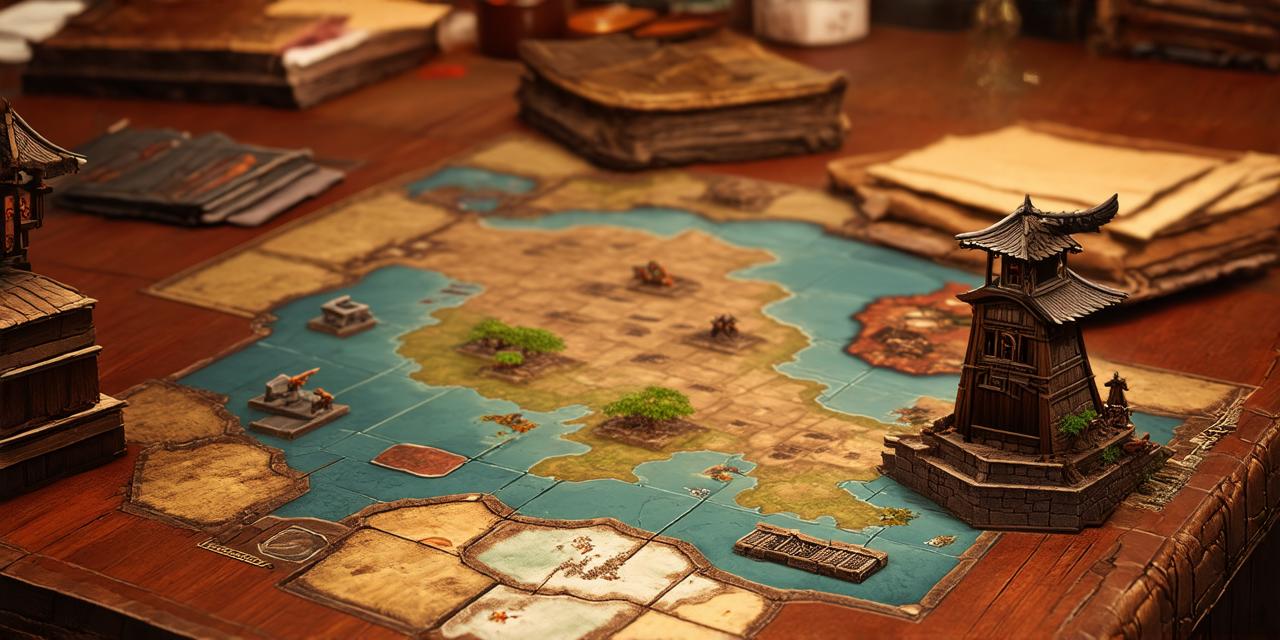Tabletop Role-Playing Games (RPGs) Have Been Around for Decades and Continue to be Popular Among Players of All Ages.
These games allow players to step into the shoes of a character and explore a world filled with adventure, magic, and danger. In recent years, there has been a resurgence in interest in tabletop RPGs, thanks in part to the growing popularity of video game RPGs and streaming platforms like Twitch and YouTube.
Tabletop RPGs: A Brief History
The origins of tabletop RPGs can be traced back to medieval Europe, where players would use dice rolls to determine outcomes in games of chance. These games eventually evolved into more complex role-playing games that required players to create their own characters and embark on quests. In the 1970s and 1980s, tabletop RPGs gained popularity in North America, thanks to pioneers like Dungeons & Dragons (D&D) and other role-playing games like Pathfinder and Final Fantasy.
Key Considerations for Tabletop RPG Game Development
When developing a tabletop RPG, there are several key considerations that must be taken into account. These include:
- Game Mechanics: The game mechanics of a tabletop RPG define how players interact with the game world and each other. These mechanics should be intuitive and easy to learn, while still providing enough depth and complexity to keep players engaged.
- Character Creation: Character creation is an important aspect of any RPG, as it allows players to create their own unique avatars. In a tabletop RPG, character creation typically involves selecting a race, class, and abilities that will define the character’s strengths and weaknesses.
- World Building: The world building in a tabletop RPG is what brings the game to life. This includes creating a setting with its own history, geography, and inhabitants. Good world building can help players feel more immersed in the game and make for a more enjoyable gaming experience.
- Adventure Design: Adventure design involves creating challenging and engaging quests that players must complete to progress through the game. Adventures should be tailored to the level of the players, ensuring that they are not too difficult or easy.
- Storytelling: Tabletop RPGs rely heavily on storytelling to keep players engaged and invested in the game world. Good storytelling can make for a more immersive and enjoyable gaming experience.
- Balance: Balance is important in any game, but it is particularly crucial in tabletop RPGs where character abilities and powers can greatly impact the outcome of battles. Maintaining balance can help ensure that all players have an equal chance at success.
Challenges of Tabletop RPG Game Development
Despite the many benefits of tabletop RPG game development, there are also several challenges that must be overcome. These include:
- Player Participation: Player participation is essential for any tabletop game to be successful. However, getting players to participate can be challenging, especially if they have busy schedules or other commitments.
- Rule Complexity: While rules can add depth and complexity to a game, they can also be overwhelming for new players. Developers must strike a balance between creating rules that are intuitive and easy to learn, while still providing enough depth to keep experienced players engaged.





